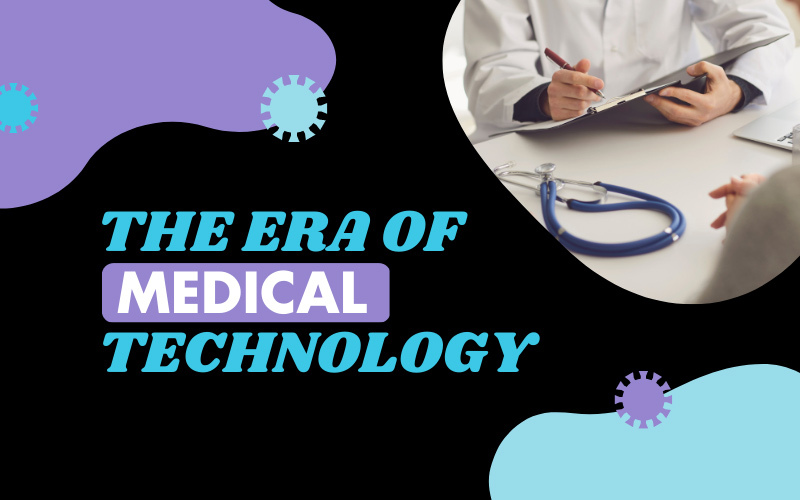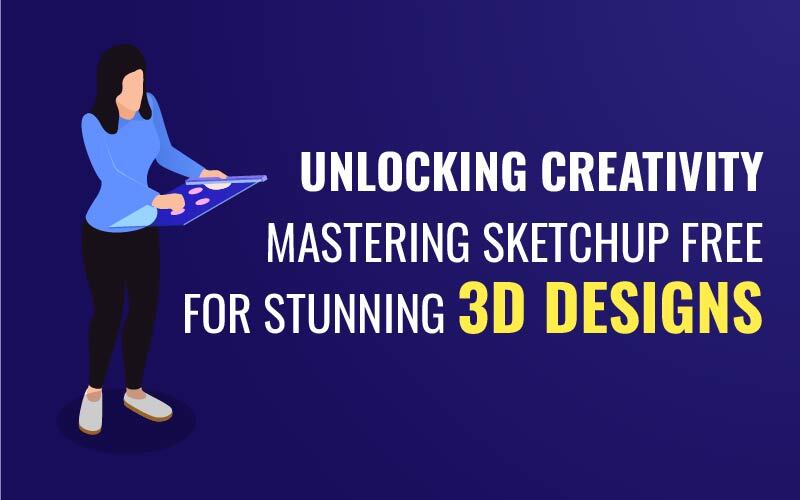What is Medical Technology?
A person’s health and wellbeing can be improved through the use of medical technology, which includes both low- and high-risk medical devices. These items, which might include everything from tongue depressors to surgical gloves and medical thermometers to pacemakers, insulin pumps, and in vitro diagnostics, are utilised every day to save patients’ lives throughout Asia and the Pacific.
Beginning with prenatal testing and ending with ultrasound scans, medical technology is all around you from the minute you are born. When you were younger and scratched your knee, you covered it with a plaster; when your vision started to become impaired, you bought glasses. Medical professionals can help you get well as quickly as possible when you are ill with the use of diagnostic tools and medical equipment. Medical gadgets help patients overcome illness or disease, increasing their quality of life, and enable healthcare professionals to identify and treat patients more accurately and quickly.
New Medical Technologies
Share with us the latest updates and news on the Write for us Medical category Therefore the new growth in the field of Medical Technologies are-
-
Neurotechnology
The potential for neurotechnology to enhance many facets of life is limitless. It has significant prospective implications for other contexts, including education, workplace management, national security, and even sports, and is already being used in practice in the medical and wellness industries.
Any elements created to visualise brain functions, comprehend how they work, and even control, fix, or enhance them are included in the field of neurotechnology. These parts could be electrodes, computers, or any other kind of technology that can be configured to block the body’s electrical pulses.
-
Precision Medicine
Medical technology is advancing and becoming more and more tailored to specific patients. Precision medicine takes into account a patient’s unique genetic makeup as well as their surroundings and lifestyle.
For instance, utilising precision medicine, a patient with cancer may receive medication that is specially formulated for them based on their specific genetic profile. Because it targets tumours based on the patient’s genetics, resulting in gene modifications that facilitate the cancer drug’s ability to eliminate them, this personalised medicine is significantly more effective than other forms of treatment.
-
Digital Therapeutics
The patient’s personal computer or a smartphone app can be used to access these complicated software programmes. They go through the same rigorous testing as all medications, such as randomised clinical studies. Type I and type II diabetes, cancer, anxiety, musculoskeletal pain, ADHD, asthma, migraines, insomnia, and substance misuse are among the illnesses that potentially benefit from digital treatments.
Information regarding a patient’s health is sent to their doctor when they utilise the applications. In addition to monitoring patients without having to visit them frequently, this enables doctors to identify issues far earlier than when a patient must wait for an appointment.
The Bottom Line
We have frequently been referred to as living in a period of a biological revolution because of how quickly fundamental understanding about human health and the processes of disease has grown in the second half of this century.




